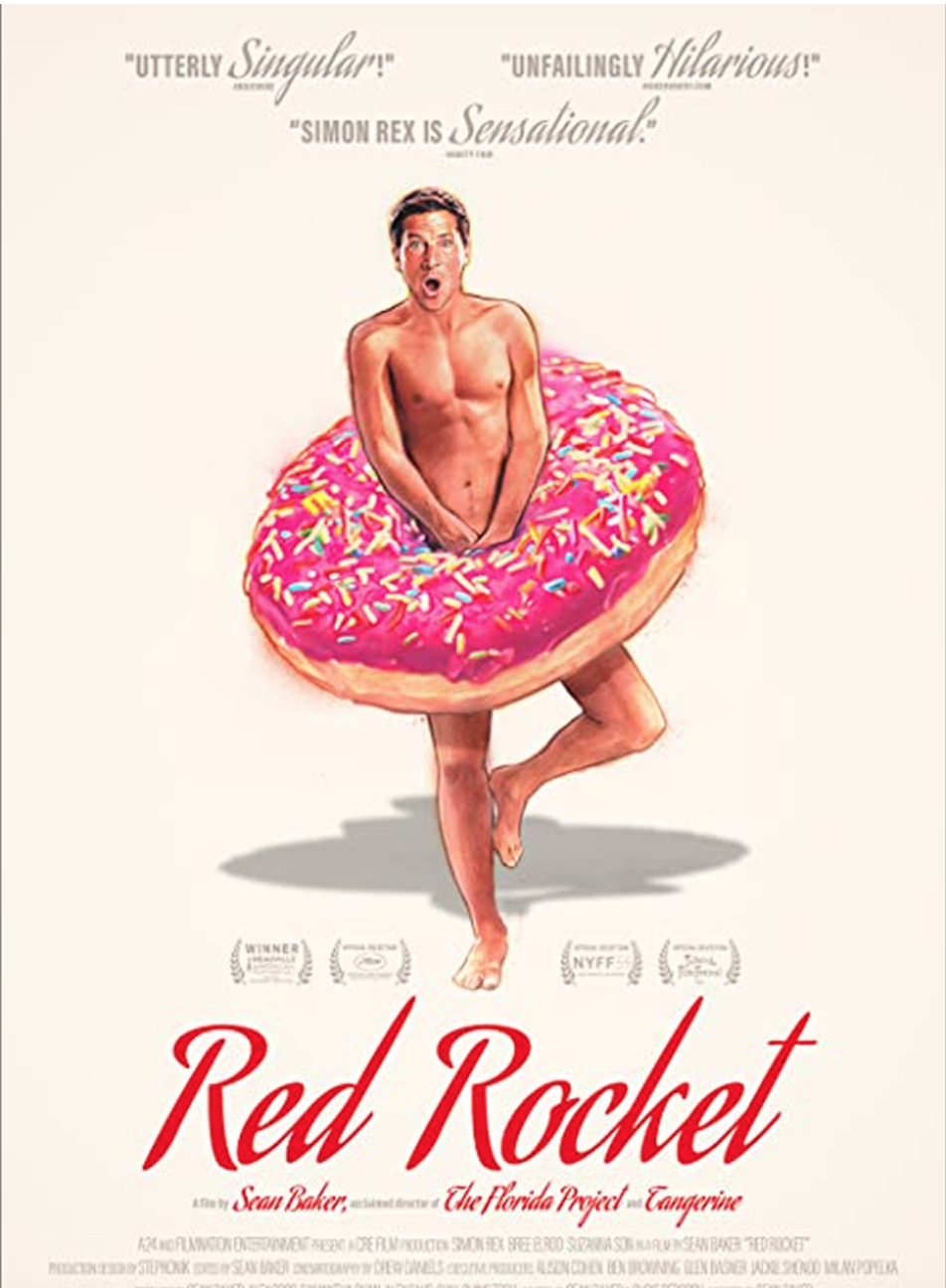If there’s no surrendering to a movie…if there’s no world to submit to and believe in…if there’s no belief in any “movie world” on the part of the filmmakers or the actors or the audience then what what the hell are we doing, man? Movies are always about slipping into a rabbit hole and swallowing the red pill and buying into whatever happens down below…the characters’ journey is our journey, and we’re all on it together. But if there’s no rabbit hole or journey or pill then why watch the damn thing?
If you’re willing to pay to sit through a film as smart and self-aware and cynically violent and relentlessly hollow as Matt Bettinelli-Olpin, Tyler Gillett and James Vanderbilt‘s Scream (Paramount, 1.14)…if all you care about is basically watching an “amusing” meta-satire of a slasher film that constantly steps back and assesses itself every couple of beats and says “okay, another time out so we can make fun of ourselves and our formulaic meta bullshit which isn’t as meta or bulshitty as it might seem at first because we’re acknowledging the meta bullshit each and every step of the way so guess what? You’re smart, you get it, and we get that you get it and you get that we get that you get it,” etc.
Just describing this narcotizing slasher satire is making me…okay, not exactly nauseous but certainly bored and listless all over again.
I saw Scream last night, and half the time I was daydreaming about how everything could be settled fairly quickly if David Arquette‘s “Dewey Riley” could somehow get hold of Tom Cruise‘s “Vincent,” the cartel assassin from Michael Mann‘s Collateral…let’s say Dewey somehow got hold of Vincent’s cell phone number 17 or 18 years ago and it’s still good, and he calls and Vincent picks up and Dewey says, “Vincent…whaddaya doin’? I need you, man…I need you to get your ass up to Woodsboro as soon as you can because fucking Ghostface is at it again, and you just need to step into this situation and drill this motherfucker in the chest three or four times…tight groups…and once more in the forehead for good measure. All he has is a knife, Vincent…he’s a sitting duck. Just take him out as a solid for me, bruh…waste his ass.”
I was with Vanderbilt and Guy Busick‘s script during the first few minutes…everyone will be. Ghostface calls the first victim, Jenna Ortega‘s “Tara Carpenter,” and before you know it they’re talking about horror films and Tara mentions that she’s a fan of elevated horror (The Babadook, It Follows, The Witch, Hereditary, Midsommar, The Lighthouse) and Ghostface says “isn’t that a little fancy-schmancy?” or words to that effect, and I was going “okay, I like this…the writers are acknowledging that Scream isn’t elevated but at the same time they’re honest enough to admit that there is a higher level of horror, so this is cool.”
But the meta thing quickly stops working, and by the half-hour mark you feel completely trapped.
There are two or three references to the fictional slasher movies called Stab (stands-ins for Scream), and you know what I was thinking of? A 1982 Meryl Streep-Roy Scheider movie that was originally called Stab before it was retitled as Stiil of the Night.
A friend sitting two or three rows behind to my right was going “aahh-hah-hah!” now and then…having a terrific old time. An hour or so later I emailed him and said, “I heard you laughing at that cold, cynical metaverse piece of shit. You’re too obliging, too generous. I liked it in the beginning but it very quickly begins to eat itself.”
Pally: “I thought it was LOL funny. Very much in the spirit of the franchise while winking at the whole thing. I had a good time.”
HE: “A movie that doesn’t respect death or pain or stab wounds, and in fact makes a cheap, cynical game out of all of it…a movie that doesn’t respect death doesn’t respect life. It’s a cheap, self-reflecting wank.”
Pally; “Exactly. I had a great time.”
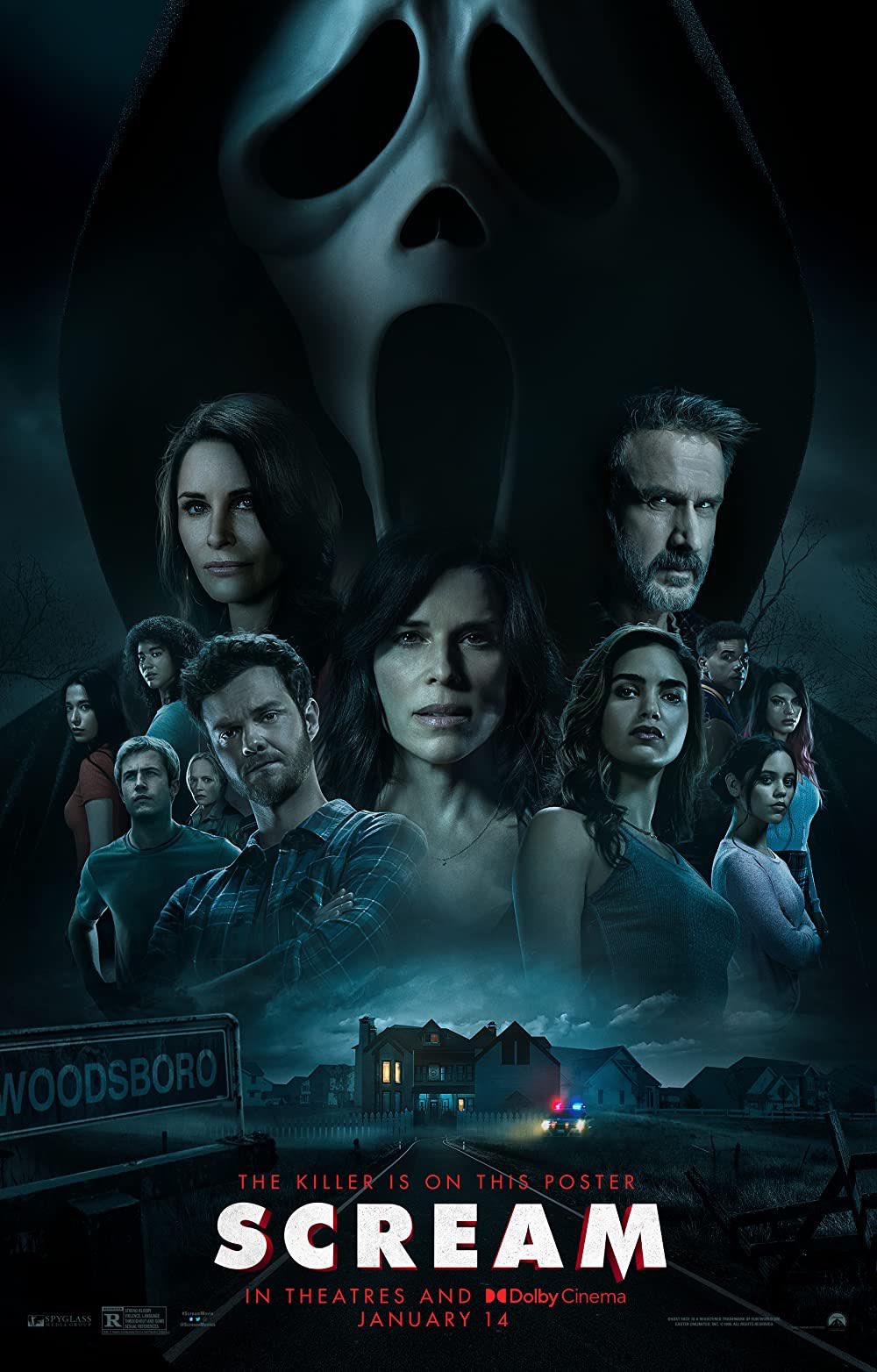


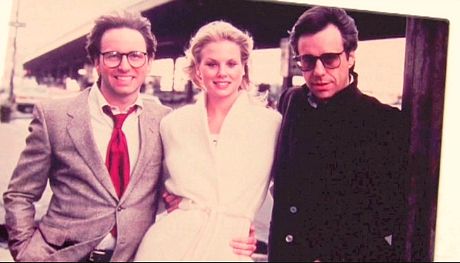
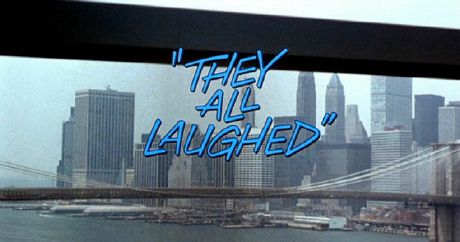
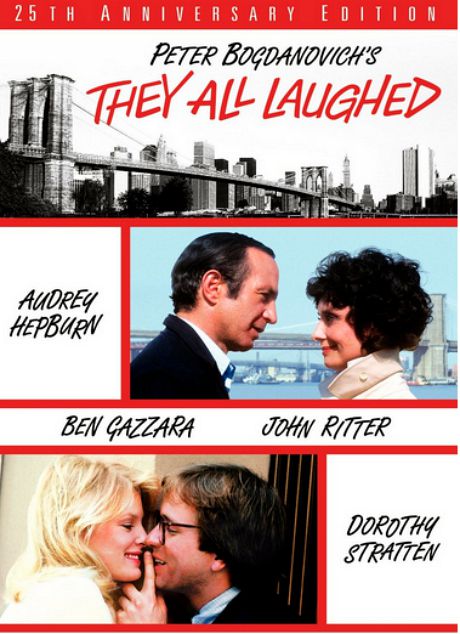




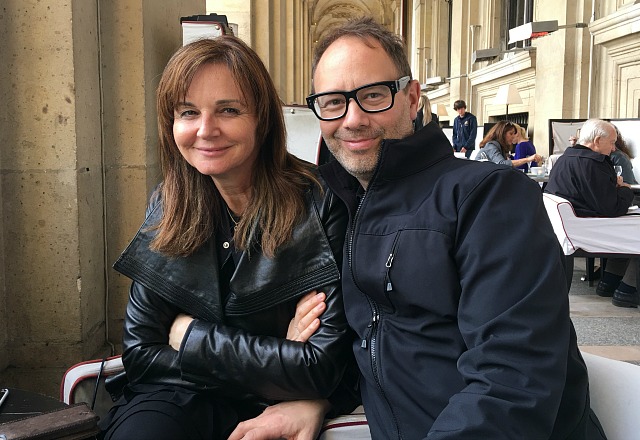 Svetlana Cvetko, David Scott Smith at Louvre cafe — Saturday, 5.13.17, 7:50 pm.
Svetlana Cvetko, David Scott Smith at Louvre cafe — Saturday, 5.13.17, 7:50 pm.
